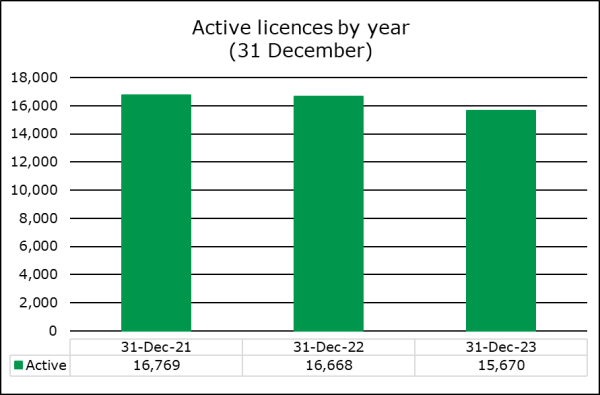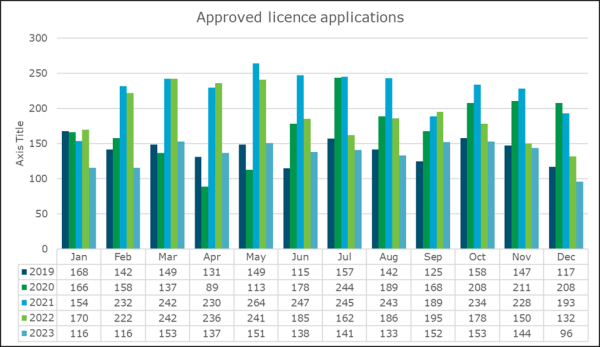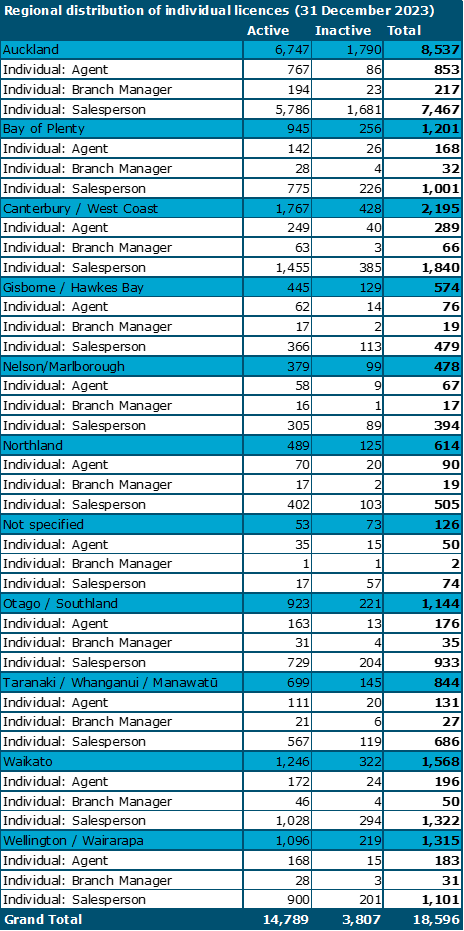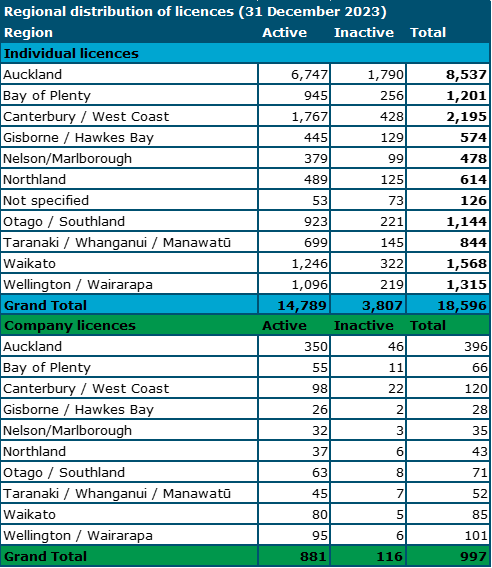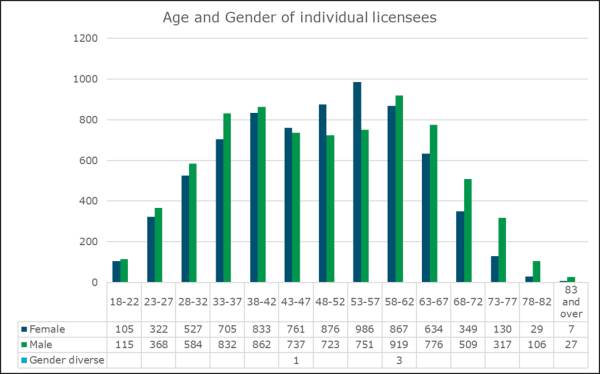PHOTO: FILE
Dual Downturn: New Zealand Real Estate Grapples with Declining Sales Numbers and Shrinking Sales Workforce
The New Zealand real estate market finds itself in a double bind, grappling not only with a noticeable decline in property sales numbers but also facing a reduction in the number of active real estate salespeople.
The period from December 2022 to December 2023 has witnessed a drop from 16,668 property sales to 15,670, coupled with a decrease in the workforce within the industry. This simultaneous decline has sparked concerns and discussions among industry experts, shedding light on the complex challenges faced by the real estate sector.
SPECIAL OFFER: Looking to advertise online but finding the ‘BIG BOYS” too expensive?
Factors Contributing to the Dual Downturn: The intertwined nature of the decrease in both sales figures and the real estate workforce suggests a multifaceted set of factors at play.
- Economic Headwinds: The economic landscape, marked by uncertainties and fluctuations, plays a pivotal role in influencing both property transactions and the decision of real estate professionals to stay within the industry. Economic challenges may lead to decreased demand for properties and impact the income stability of agents.
- Technological Transformation: Advancements in technology have redefined the real estate business, introducing digital platforms and tools that streamline processes. While technological innovation can enhance efficiency, it may also contribute to a reduced need for a large sales workforce as automation takes on more responsibilities.
- Changing Consumer Dynamics: Evolution in consumer preferences and expectations could be altering the traditional role of real estate professionals. The demand for personalized, tech-savvy services may reshape the structure of real estate teams, impacting the number of agents needed.
- Pandemic Fallout: The ongoing repercussions of the COVID-19 pandemic have triggered shifts in career choices across various industries. Real estate professionals might be reassessing their commitment to the sector, with some opting for different career paths or taking temporary breaks due to pandemic-related challenges.
Navigating the Dual Downturn: Addressing the dual downturn requires a strategic and adaptive approach from both real estate professionals and industry stakeholders.
- Upskilling and Adaptation: Real estate agents need to continuously upskill and adapt to changing market dynamics. Embracing new technologies, staying informed about market trends, and refining negotiation skills are crucial for remaining competitive in a challenging environment.
- Technological Integration: Real estate agencies must accelerate their integration of technology to streamline operations and enhance the overall client experience. Utilizing digital platforms, virtual tools, and data analytics can position firms to thrive in the evolving market.
- Recruitment and Retention Strategies: In light of the shrinking sales workforce, real estate firms need to reassess their recruitment and retention strategies. Offering attractive compensation packages, mentorship programs, and opportunities for professional development can help attract and retain top talent.

















